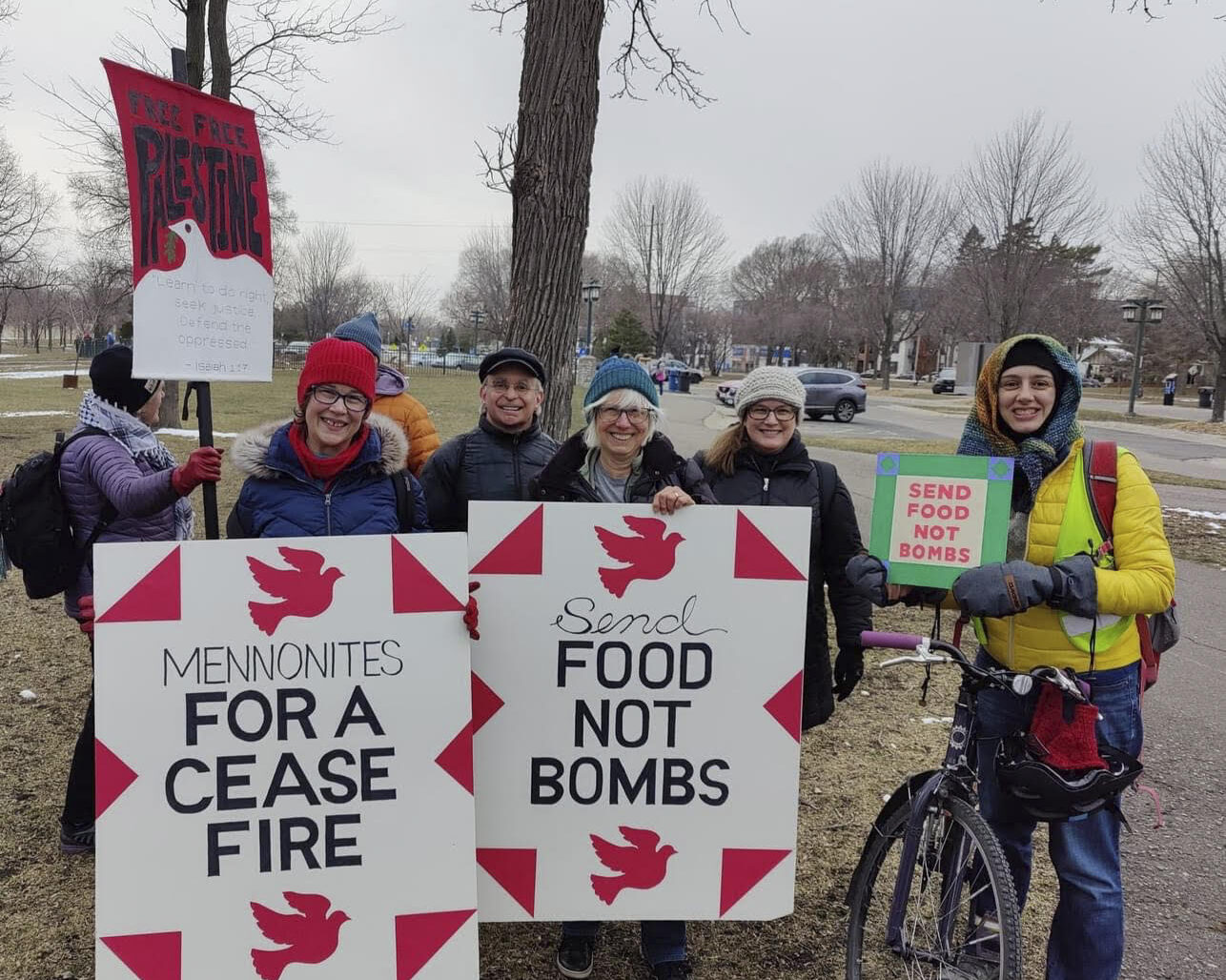On Martin Luther King Day, Monday, Jan. 19, about 2,500 people marched from Snelling and University to the State Capitol. They attempted at points to march down Interstate 94 but were detoured to side streets by a battalion of the Highway Patrol.
They were protesting, among other things, the recent murder of Marcus Golden by the St. Paul police, and they were demanding an independent investigation.
Black Lives Matter, the organizers of the march, had a list of demands:
1. Adopt statewide legislation to end racial profiling by law enforcement.
2. Require all Minnesota law enforcement officers to take implicit bias and cultural competency training.
3. Establish an independent community review board for police departments, with full disciplinary powers.
4. Increase the number of officers that live in the communities they serve and immediately repeal the 1990 “Stanek Residency Freedom Bill.”
5. De-militarize local law enforcement in Minnesota and across the country.
6. Limit the use of deadly force by law enforcement.
7. Repeal local ordinances that criminalize petty conduct such as “lurking, loitering and spitting on sidewalks,” which are used to racially profile, cite, and harass people of color.
8. Quarterly reporting: Track and report to the public lawsuits, settlements and complaints related to excessive force by police. Track and report to the public racial demographics of low level arrests.
9. Statewide adoption of body cameras. Develop policies with input from the public to address when cameras are turned on and off, data storage and effective protocols for review of data to ensure accountability.
10. Bloomington City Attorney Sandra Johnson and the Mall of America must drop the outrageous charges and requests for restitution for “lost revenue” and “police overtime” being threatened against “organizers” of our peaceful gathering at the Mall of America.
This list of demands is an important step forward in moving from protest into policy, but elected officials and professional politicians will ignore those demands and forget about the protest unless the protesters show that they are in it for the long haul.
If this march was a one-off, a one time show of how “liberal” we are, then politicians would be correct to write it off. If the demonstrators are going to forget about their demands the next day, then why shouldn’t the politicians?
Black Lives Matter has shown courage and determination in risking their lives and risking arrest in their demonstrations down 35W, at the Mall of America and marching to the Capitol. They were willing to use revolutionary tactics—doing the unexpected, breaking laws—in order to call attention to the murder of young black men. But they need a revolutionary analysis to understand the racist system that perpetuates these injustices, and they need a revolutionary strategy to change that system.
It ain’t that hard to figure out, but it’s something we need to work on every day.
The demand: “Increase the number of officers that live in the communities they serve and immediately repeal the 1990 ‘Stanek Residency Freedom Bill,’” is very straightforward. To whom are we making this demand? We are making this demand to the Minneapolis City Council that they do everything they can to hire more local people and people of color for the Minneapolis Police Department. We are demanding that they make repeal of the Stanek law a part of their legislative program. And we are demanding that our local legislators introduce legislation this session to repeal the Stanek law.
That’s our analysis.
Our strategy is to communicate with our elected officials to make sure they appreciate how serious we are about what we believe. If they do not support our demand by their actions, then we will challenge them when they run for re-election. If we’re active in the DFL, then we will bring up resolutions in the precinct caucuses, debate the ideas with our neighbors, support candidates in opposition to DFL incumbents, and think about running for office ourselves putting forward these demands. If we’re in the Green Party, we will run candidates against the DFL candidates who did nothing but give lip service to the demand for city residency for the police.
Thomas Paine begins “The Crisis,” written in the cold winter of 1776, with these words: “THESE are the times that try men’s souls. The summer soldier and the sunshine patriot will, in this crisis, shrink from the service of their country; but he that stands by it now, deserves the love and thanks of man and woman. Tyranny, like hell, is not easily conquered; yet we have this consolation with us, that the harder the conflict, the more glorious the triumph. What we obtain too cheap, we esteem too lightly: it is dearness only that gives every thing its value. Heaven knows how to put a proper price upon its goods; and it would be strange indeed if so celestial an article as FREEDOM should not be highly rated.”
In that spirit let us commit ourselves not just to one battle but to the ongoing struggle and to victory.
Addendum to ‘The Continuing Struggle’:
BY ED FELIEN
Senator Ron Latz, DFL from St. Louis Park, and Representative Tony Cornish, a retired police officer and Republican from outstate on the Iowa border, have introduced bills in the Senate and House that would require any death caused by a police officer to be investigated by an outside agency—one different from the officer’s department.
Ron Latz told MPR: “There’s an appearance that an agency investigating itself will lead to results that don’t have the level of confidence by members of the public or by other members of the law enforcement community.”
Certainly the investigations of the deaths of Marcus Golden in St. Paul and of Terrance Franklin in Minneapolis have seemed like cover-ups for the police.
Cornish is the single sponsor in the House, but Latz has four co-sponsors in the Senate: Scott Dibble, DFL from southwest Minneapolis; Susan Kent, DFL from Maplewood; Bill Ingbrigtsen, Republican from Fergus Falls and the assistant minority leader; and John Pederson, Republican from St. Cloud.
Where are our inner city legislators on this issue? Why aren’t they involved? Why aren’t they co-sponsors? Why aren’t they holding meetings on this issue in their districts?
Why doesn’t the City Council take a position on this? Why isn’t this bill part of their legislative package? Why haven’t the mayor and chief of police taken a position on this bill.
Local attorney Peter Brown questions the sincerity of the reform: “A good step but too limited? Supported by police associations to head off more substantial reform? It is important to note that under the legislation as proposed, complaints of the police treatment of Chris Lollie in a St. Paul skyway and Al Flowers in his Minneapolis home (for example) would not be entitled to an independent investigation because the police did not kill them.”
It may be a limited first step, but why haven’t our local legislators shown leadership in supporting even this minimal first step and pointing the way to further progress?























